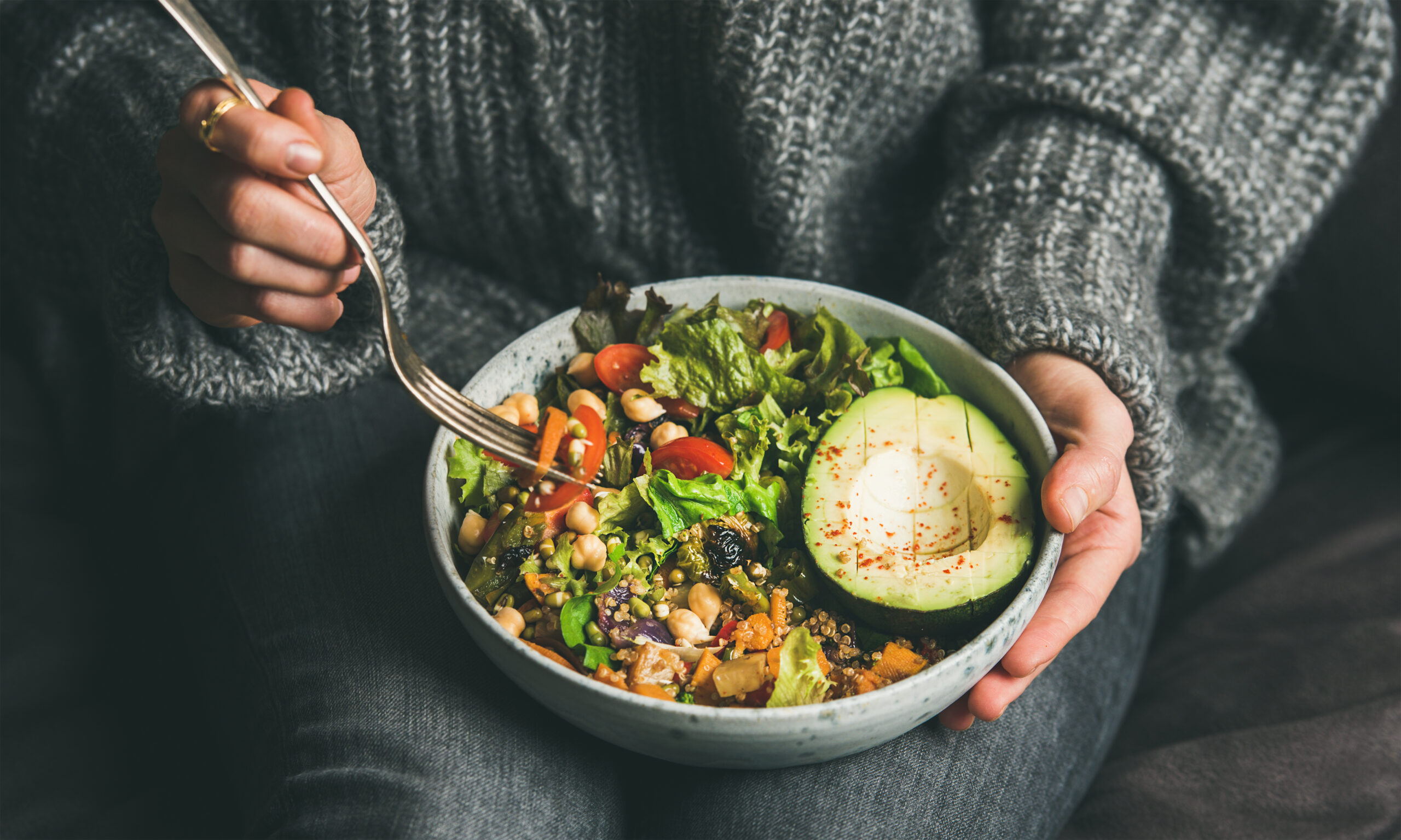
Chronic kidney disease is a serious illness that occurs when the kidneys are no longer able to filter out toxins from the blood. As a result, it is important to maintain a healthy diet that not only supports general health but also makes it easier for the kidneys to do their work. The right diet can help control blood pressure and prevent diabetes, and even keep chronic kidney disease (CKD) from getting worse. Kidney-friendly diets limit certain foods to prevent the minerals contained in them from building up. These guidelines may be able to help you live a more comfortable life with CKD. Be sure to speak with a dietitian who specializes in kidney health to create a diet plan specifically designed to address your individual needs.
Calories Count
Calories come from protein, carbs, and fat in food and drinks. They provide you with the energy you need to function throughout the day. Human beings burn calories as energy, and thus, they should consume calories in accordance with what they typically burn. Otherwise, weight gain will occur. Calories are necessary for good health, but the number of calories you need will depend on your age, gender, activity level, and weight goals. Some people with CKD may need to eat more calories to ensure they have enough energy to go about their day, while others (particularly if you live a mostly sedentary lifestyle with little to no exercise) may need to eat fewer calories. A dietitian can help you develop a meal plan that gives you the right number of calories for your needs and ensures the calories are coming from healthy and filling foods.
Protein Content
Protein helps with growth, healing, and staying healthy. Too little protein can weaken skin, hair, and nails, but too much can also cause significant problems. The amount of protein needed in your diet will depend on your size, activity level, and other health concerns. Those with CKD may need to limit or change the source of their protein because too much can make the kidneys work harder than necessary. If you need to decrease the amount of protein in your diet, consider eating bread, fruit, vegetables, pasta, and rice, which are all lower in protein. If you need more protein, consider eating red meat, poultry, fish, and eggs.
Healthy Fats
Some fats can be healthy and should be included in your diet to provide energy and nutrients. Generally considered unsaturated fats, these can include olive, peanut, and corn oil, among other foods. Unsaturated fats can help reduce cholesterol and help you maintain a healthy weight if you find you are losing too much. Saturated fats, meanwhile, can raise your cholesterol levels and increase the possibility of heart disease. Try to limit the amount of butter, lard, shortening, and meats in your diet if you need to manage these conditions. Trimming the fat and skin from meat can help. Trans fats should also be avoided, as they can contribute to heart disease and further kidney damage by increasing cholesterol levels in the body.
Carbohydrates
Carbohydrates are an easy source of energy and can be found in most foods. Healthy carbohydrates are found in fresh fruits and veggies, while unhealthy carbohydrates typically come from sugar, honey, and other sweeteners. Depending on your stage of kidney disease, you may need to limit the potassium and phosphorus in your diet, both of which can be found in carbohydrates. Diabetes, often a symptom of CKD, can also require an adjustment in the amount and type of carbohydrates you should eat.
Sodium Intake
Sodium, or salt, is found in almost all foods. Too much sodium can increase blood pressure and lead to kidney damage. Therefore, limiting your salt intake can be important. You can avoid adding salt to your food, and instead, season foods with other salt-free spices and lemon juice. Be sure to rinse canned vegetables before cooking, as they can contain large amounts of sodium. Limit processed meats, crackers, pickled foods, and certain sauces, such as ketchup and BBQ sauce, as these also have a high sodium content. Carefully read the labels of your food. Limit foods with salt substitutes, as these often contain large amounts of potassium, which can also be damaging in high quantities.
Hospice Care for CKD Patients
If you or a loved one has been diagnosed with end-stage chronic kidney disease, Traditions Health can help. End-of-life care plans are recommended to ensure that your family is prepared for any situation. We can help patients develop healthy diets as part of their care plans and will also work with nurses, doctors, therapists, and volunteers to help loved ones with advanced stages of chronic kidney disease feel as comfortable as possible.
